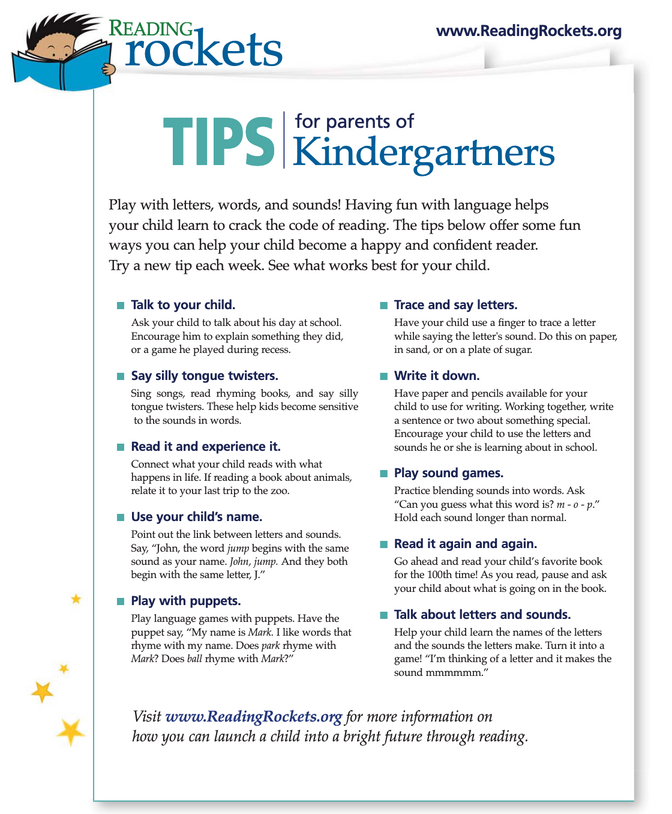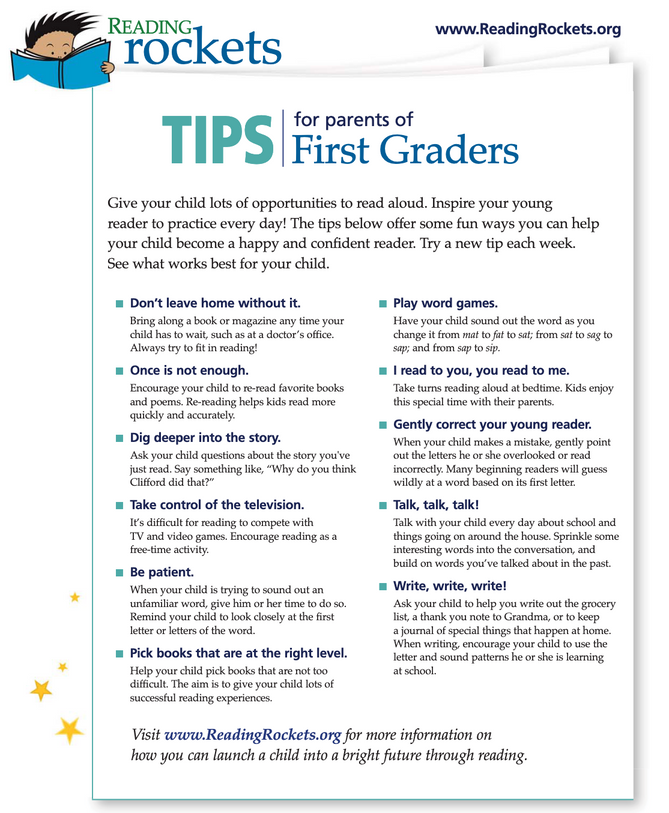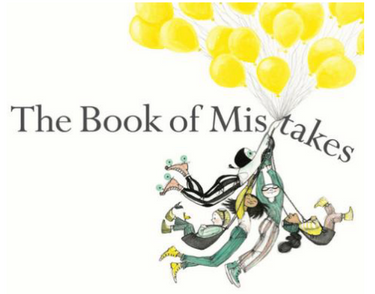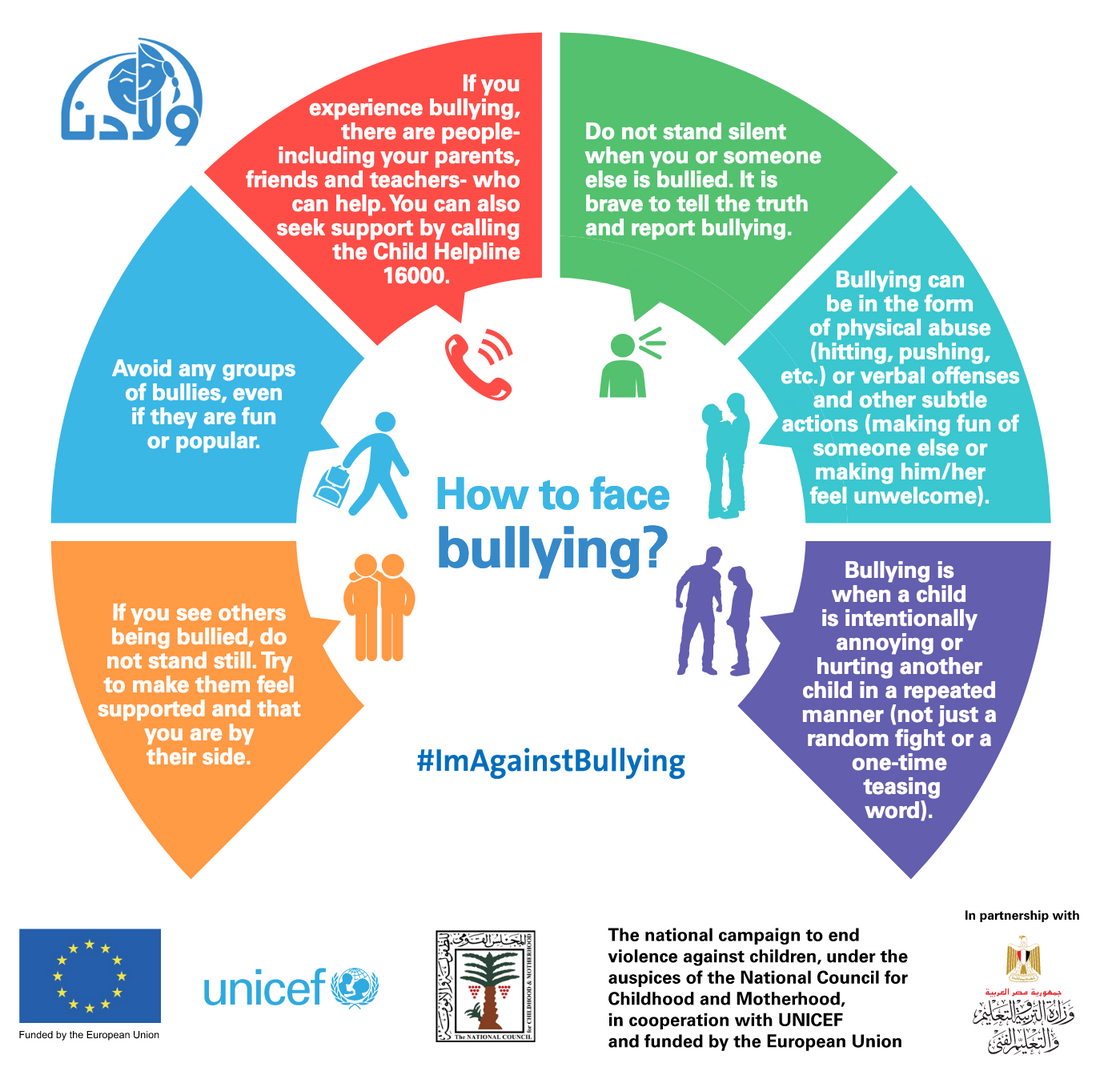

- SAT/504 Coordinator
- Student Leadership Coordinator
- Teammates Coordinator
maaberg@fullerton.esu7.org
1-308-536-2431
Melissa Aaberg
reading intervention/
elementary school counselor
- bullying awareness
About Me
I was born in O'Neill, Ne and moved to Fullerton when I was 13 years old. I graduated from Fullerton High School in 1993. I am married to Brian, another graduate of Fullerton High School, and we have two children together, Logan and Parker. We also have two dogs, Clover and Hazel. My family and I love to travel, hang-out, and watch HUSKER softball, volleyball, and football.
I have been working at Fullerton Public Schools for the past 26 years. Throughout these years, I have taught in different grades, from 2nd through 6th, and became the elementary school counselor in 2015. During the 2018-2019 school year, I transitioned into elementary school counseling and reading interventionist.
Education
- University of Nebraska at Kearney:
- Bachelor's Degree Elementary Education/Special Education (1998)
- Master's Degree in Special Education-Advanced Practice (2008)
- Master's Degree in Elementary School Counseling (2012)
interventions
Reading
Reading interventionists work extensively with students to help them improve specific reading skills such as letter-naming, initial sounds, phoneme segmentation, and comprehension strategies. As an interventionist, I addresses the specific needs of a particular child when regular classroom instruction is not sufficient through MULTI-SENSORY learning. Interventionists work with the teacher to design methods of learning that are most appropriate for each child.
Responsibilities:
- Consult frequently with classroom teachers on matters relating to reading instruction using our progress-monitoring instrument as a base.
- Design interventions and write lesson plans detailing methods and materials.
- Assist in the evaluation of on going programs and make recommendations for change.
- Assist teachers in implementing the school reading program.
- Help teachers diagnose reading strengths and weaknesses and match these skills with appropriate techniques and materials.
- Keep the parents informed as to the purposes and progress of the reading program.
- Work with support staff and school administrators to facilitate the coordination of the reading program with the total curriculum.
- Consult with curriculum committees studying such topics as textbook selection, vocabulary development, concept development, supplementary materials and the development of study skills.
- Promote interest in reading.
- Work with the classroom teacher and district personnel to coordinate reading instruction designed to meet the individual needs of students.
- Work with the classroom teacher to monitor student progress.
- Perform other responsibilities as may, from time to time, be assigned by the administration.
- Familiar with the RTI process and Tier’d Instruction.
Multisensory Approach
What is Multisensory Structured Language (MSL) teaching?
Multisensory teaching is one of a number of elements of effective instruction for all students. Multisensory learning involves the use of visual, auditory, and kinesthetic-tactile pathways simultaneously. Connections are consistently reinforced between the symbols the student sees, the sounds the student hears, and the actions they can feel. This helps the brain to learn and remember the written language.
Orton-Gillingham
What Is Orton-Gillingham?
Orton-Gillingham (OG) is a powerful approach to teaching reading and spelling that uses instruction that is multisensory, sequential, incremental, cumulative, individualized, phonics-based, and explicit. Though often touted primarily as an instructional method for children with dyslexia and other learning challenges, the OG approach helps make reading and spelling easy for all children.
How to Help Your Child


Student Assistance Team & 504
Coordinator
Fullerton Public School's Student Assistance Team (SAT) purpose is to support the progress of students struggling with the general education curriculum despite the use of differentiated instruction and universal interventions. The SAT develops Tier 2 interventions for at-risk students who are not responding to the Tier 1 core program in the general education environment for students who might need supplemental, strategic, and individualized support.
Initial evaluation for special education (Tier 3 interventions) is appropriate when the SAT recommends the same or agrees with a parent request.
Screening Procedures Applicable to all Students
Purpose
General screening utilizes the school-wide systems already established for providing general information about the status and progress of each student and for locating students who have unique needs.
Definition
General screening refers to all types of general information collected about students at each school level. This information relates to the student's present levels of performance, standardized test information, health records, and/or other available reports.
Parental Notification
This notification is provided as part of the general parental notification prior to the SAT meeting (SAT Notification Parent Letter). The following are examples of general screening procedures applicable to all students:
- Ongoing child identification (public awareness and screening)
- Vision and hearing screening (in accordance with APS Nurse Procedure Manual)
- Review of health records
- State and district-mandated tests
- Placement tests
- Progress reports
- Documented teacher observations (including study skills, social behaviors, learning styles, test scores, academic skills, etc.)
- Attendance records
- Cumulative file data
- Demographic information
- Other available data
- Student interventions prior to the Student Assistance Team review
Purpose
Teacher(s) identifies areas of individual student need and address(es) those needs in the classroom and/or with the parent(s)
Definition
Interventions are actions designed to meet the individual student’s needs in an educational setting. Interventions may include but are not limited to:
- Changing instructional strategies for the student
- Seeking parental involvement (when appropriate) including notification and/or conference
- Initiating a behavior management system for the student
- Conducting a documented observation of the learning environment and
- the individual student’s behavior by someone other than the student’s teacher
- Initiating a weekly and/or daily progress report
- Providing special services/program (i.e., Title I)
- Providing services and/or tutorial services (TLC)
- Providing school counseling services
Procedure for students in need of individual intervention:
- Consideration of General Screening information
- Classroom teacher(s) and/or individual(s) identifies area(s) of need for student
- Interventions are selected by the identifying person and implemented
- for individual students with parent participation/notification
Review of Student Referrals by the
Student Assistance Team
Purpose
Teacher(s) gather all relevant data on students referred for Student Assistance Team review. The team recommends interventions for individual students whose specific needs have been identified.
Definition
The Student Assistance Team is an interdisciplinary team that reviews referrals of individual students whose educational needs have not been resolved through strategies for students in need of intervention. Referral to the school Health and Wellness Team should not be seen as a replacement for SAT referral. The population being considered will include:
- Students who are performing below standards and/or who are exceeding standards
- Students being considered for an Nebraska Reads- Tier 2
- Students with social, emotional, or behavioral skills deficits
- Students with disabilities not eligible for Special Education
- services who may be considered under Section 504 of the Rehabilitation Act, and/or Former special education students who are returning to general education, but need modifications that may be considered under Section 504 of the Rehabilitation Act
- Students who are not showing improvement after repeated implementation of Tier I interventions with fidelity.
- Students identified as being at very high risk academically and/or
- behaviorally and who are suspected of having a disability or giftedness based on the results of universal screening be referred to SAT and may
- consider moving to Tier 2 interventions at any time.
Prior to initiating a Student Assistance Team review, parent notification of individual student screening and review is required. The date(s) and result(s) of parent and school contact(s) (either in person or by telephone) must be documented. Required parent notification includes sending and maintaining a copy of the SAT Parent Notification Letter.
Procedure
Classroom teacher(s), parent(s), or other person(s) will initiate a review by the Student Assistance Team. The membership of the Student Assistance Team should include as many of the following as applicable and feasible:
- Principal
- Counselor
- General education teacher
- Special education teacher (when applicable)
- Teacher(s) of student being reviewed
- Licensed nurse (if available)
- Parent and student (when appropriate)
- Other members as appropriate
The purpose of the SAT is to conduct the student study process and consider, implement and document the effectiveness of appropriate research-based interventions utilizing curriculum-based measures. As part of the child study process, the SAT shall address culture and acculturation, socioeconomic status, possible lack of appropriate instruction in reading or math, teaching and learning styles and instructional delivery mechanisms in order to rule out other possible causes of the student's educational difficulties. When it is determined that a student has an obvious disability or a serious and urgent problem, the SAT shall address the student's needs promptly on an individualized basis, which may include a referral for a full, initial evaluation to determine possible eligibility for special education and related services consistent with the requirements. At the initial SAT meeting, after reviewing all collected data, the SAT makes one of the following decisions:
- The student does not appear to require new interventions and a Tier 2 intervention plan is unnecessary
- The student’s challenges suggest a SAT intervention plan or BIP is warranted
- The existing data is insufficient for a complete determination. The referring teacher must provide additional information
- The student’s performance indicates a possible disability or a disabling condition that significantly restricts a major life activity and requires an evaluation to confirm the presence of such disability and the possible need of special education services or Section 504 supports
At the follow-up SAT meeting:
Tier 2 interventions should be progress-monitored and graphed in two-week increments. After approximately nine weeks** (with at least four data points), a follow-up SAT should be held to determine the effectiveness of the interventions, based on whether or not there has been a positive trend in the student’s learning. After examining the data points at the follow-up SAT meeting, the SAT makes one of the following decisions:
- Improvement noted:
- no further actions/interventions required.
- continue current actions/interventions until (insert date)
- continue with current plan with revision(s) until (insert date)
- No improvement noted:
- create revised action/SAT intervention plan
- create new action/intervention plan
- refer student for Section 504 eligibility consideration (See Section 504 procedures)
- refer student for special education evaluation consideration to determine whether Tier 3 services are required. **
If it is suspected that the student is a student with a disability who, by reason of that disability, requires special education and related services, an immediate referral should be made to special education. A confidential record of each student reviewed by the team must be maintained by the Student Assistance Team with relevant documents uploaded into the student’s electronic cumulative file.
If a student is referred for a special education evaluation, a copy of the records is placed in the referral packet.
corner
Counselor's


The Book of Mistakes
by Corinna Luyken –
You can’t always start over with a blank slate when you make a mistake. Sometimes mistakes turn
into beautiful creations, even when it’s not what you expected. It’s all
about how you view things.
The Bad Seed
by Jory John –
This little seed is always misbehaving at school
and home. As you read, you find out
how his past influences his behavior.
It’s never too late for second
chances...or even third or fourth
chances!
Mental Health Awareness
Our social emotional and mental health is just as important as our physical health. If you feel that you and/or your child are struggling with issues related to relationships, school, work, a specific mental health concern, and it’s causing a great deal of pain more days than not, seeking help is the BEST first step. Mental health professionals can offer parent coaching and provide your child healthy coping skills to apply to school and home. Many companies have Employee Assistance Programs to make counseling sessions financially accessible. Feel free to contact me if you have any questions!
Where can I go to find mental health professionals? |
Fullerton area resource guide:
Counseling & Psychiatric Telehealth
https://boonecohealth.org/services/mental-health/
Call 402-395-3247 to schedule an appointment with one of four therapists (counseling).
To take advantage of telehealth psychiatry services call 402-395- 3109.
Nebraska resource guide:
Where do I start? |
Who are mental health professionals and how can he/she help?
School counselor –
Work experience/schooling:
- In Nebraska, an individual must have at least 3 years of experience teaching in the classroom.
- Completed an accredited graduate program in counseling
Services provided:
- Guidance Curriculum - In an effort to help students develop competence in essential life skills
- Responsive Services - Provide intervention for immediate personal/social/emotional concerns
- Individual Planning - Provide guidance to help students plan, monitor, and manage their personal, educational and career goals
- System Support - Support campus staff, parents, and community to promote the educational, career, personal, and social development of students, as well as the Developmental Guidance Program
Therapist (such as Licensed Professional Counselor - Intern, Licensed Professional Counselor - Licensed Marriage and Family Therapist, Licensed Chemical Dependency Counselor, and many others) –
Work experience/schooling:
- Completed an accredited graduate program in counseling, including supervised practicum
Further supervised 3,000 hours before full licensure (for LPC and
- LMFT licensures)
- Master’s degree required, but some may also have a doctorate
Services provided:
- For any individual, couple, groups, or family
- Weekly, bi-weekly, or monthly sessions to offer therapeutic techniques, such as parent coaching, healthy coping skills, play therapy, etc. for a wide range of challenges and mental health diagnoses
- Interpret assessments or diagnosis to help client up come up with treatment plans and psychoeducation
Source: https://www.counseling.org/aca-community/learn-about-counseling/what-is-counseling
Psychologist-
Work experience/schooling:
- Graduate degree in psychology, years of supervised training
- Required doctoral level degree
Services provided:
- Administer and interpret a number of tests and assessments that can help diagnose a condition.
- Provide counseling and therapy services to treat a variety of challenges and mental health diagnoses. Some may specialize in different age groups and/or issues (i.e. children, addictions, couples, depression, etc.)
- Some may be able to prescribe medicine and assist in managing symptoms.
Source: https://www.apa.org/helpcenter/about-psychologists
Psychiatrist-
medical doctor (an M.D. or D.O.) who specializes in mental health, including substance use disorders.
Work experience/schooling:
- Medical school, residency, sometimes fellowship years (depending on the individual) Services provided:
- Assess both the mental and physical aspects of psychological problems.
- Diagnose a disorder and prescribe medicine.
- Patient’s problems can range in severity from panic attacks or thoughts of suicide to more ongoing challenges such as feelings of sadness, hopelessness, or anxiousness that never seem to lift or problems functioning, causing everyday life to feel distorted or out of control.
Source: https://www.psychiatry.org/patients-families/what-is-psychiatry
Bullying Awareness
Bullying is unwanted, aggressive behavior among school aged children that involves a real or perceived power imbalance. The behavior is repeated, or has the potential to be repeated, over time. Both kids who are bullied and who bully others may have serious, lasting problems.
In order to be considered bullying, the behavior must be aggressive and include:
- An Imbalance of Power: Kids who bully use their power—such as physical strength, access to embarrassing information, or popularity—to control or harm others. Power imbalances can change over time and in different situations, even if they involve the same people.
- Repetition: Bullying behaviors happen more than once or have the potential to happen more than once.
Bullying includes actions such as making threats, spreading rumors, attacking someone physically or verbally, and excluding someone from a group on purpose.
What is Bullying? |
Types of Bullying |
Physical: such as hitting, punching, kicking, or stealing or damaging property or belongings of someone else.
- Verbal: such as name-calling, putdowns, mocking, labelling and threatening
- Social: such as ignoring or leaving someone out intentionally, excluding from a group,
- spreading rumors about him/her.
- Psychological: nasty looks, stalking, manipulating someone to think bullying is a figment of his/her own imagination.
- Cyberbullying: such as mocking or intimidating someone through text messages, social networks or hacking into one’s account. Click here for more information on cyberbullying.
How to Face Bullying |


The mission of the TeamMates Mentoring Program is to positively impact the world by inspiring students to reach their full potential through mentoring.
Parent' Educational

resources
Games with verbal instructions for struggling or pre-readers, encompassing a wide range of game types and reading skills. You can gain additional functionality with a premium teacher account if you’d like to create a class and assign different games directly to students.

A variety of game types, with a refreshingly heavy focus on games for mid-upper elementary reading skills.

A wide variety of game types that nevertheless remain focused on reading skills rather than game mechanics. The site also includes online reading comprehension and skill practice that is less game-based, but equally helpful and convenient.


Games cover a good sampling of reading skills all the way from letter recognition to idioms. The site also has many just for fun games, however.

Basic letter recognition, vocabulary, rhyming and writing practice themed with popular PBS Kids characters. Several games have more theme and less skill practice, however.Stories about popular PBS Kids characters, with words and audio. Many stories can also be read in either English or Spanish.

Games that act like guides to walk students through completing an impressive number of reading and writing activities. Many tasks are suited to use by middle and high school students in addition to some for elementary.

Adorable, and the series of games cover everything from letters and sounds to reading full sentences.

A small but mighty collection of grammar games, with quirky graphics to draw in students of many different ages.

A game for every phonics rule you could wish for.

Just four games, but each is well-done and teaches a separate mid elementary reading comprehension skill.

Your students can watch stories read aloud by various actors. The stories are from a variety of genres and have suggested grade levels K-4th. They are also starting to add some titles read in Spanish, and even have one read with an ASL interpreter.

Animated shorts or video series representing various stories for ages 5-11+, as well as a collection of audio only stories.